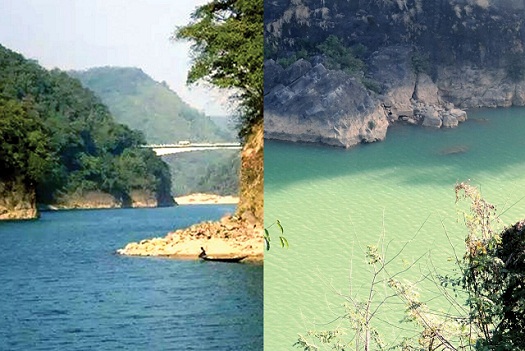
By Our Reporter
SHILLONG, FEB 17: After a sudden change in the colour of the Ranikor river the Khasi Students’ Union (KSU) Ranikor Circle on Friday has demanded that the state government to direct the AMD to fill up all the pits, which were left uncovered after exploratory drilling of uranium in West Khasi Hills. The union has also wants immediate inquiry to find out the cause.
The water of the Ranikor River has started changing its colour from blue to green since December last year.
Several thousand of fishes were found floating at Ranikor River first in 2010 and it still continues today. The river now is almost dead without any fishes or aquatic lives in it.
Anglers once fond of angling in this river are now shifting to Wah Rilang River, as it is still free from any forms of contamination.
Addressing journalists at a press conference today, KSU-RC president Marconi Thongni said, “We highly suspect that the sudden death of fishes and now the abnormal change in the colour of the River is due to uranium drilling.”
He said there are hundreds of pits that were abandoned after carrying out of uranium drilling activity in the thick forest at Porkut area in West Khasi Hills.
“Therefore we demand the state government to immediately issue necessary direction to the Atomic Minerals Directorate (AMD) to fill up all these pits in order to prevent destruction on the environment,” he said.
He said during heavy rainfall, the water from these pits find their way to river, which is now feared to be harmful not only to aquatic lives but human as well.
Meanwhile on the demand of the KSU-RC, the district deputy commissioner had already asked the Meghalaya State Pollution Control Board (MSPCB) to conduct a thorough inquiry into the matter.
In a letter to the DC R Lyngdoh, the union said that this phenomenal change has become a cause of concern to the people on whether the water is still fit for human consumption or not.
When asked, Thongni said, “We demand the MSPCB to bring out the real cause into the causes of frequent unnatural death of fishes and the change in the colour of the river.”
After the incident in 2010, the Meghalaya State Pollution Control Board had cited coal mining as the main cause for the unnatural death of fishes in the Ranikor River. Wah Rilang and Wah Blei are the two river sources that converged at Ranikor River.
However, the KSU-RC maintained said it is not ready to accept the coal mining theory.
“Because coal mining has been there for decades since the 90s in the area but no such incident took place until the time uranium drilling activity started,” Thongni said.
He also claimed after the National Green Tribunal (NGT) imposed a blanket ban of coal mining in the state of Meghalaya, there have hardly been any coal mining activities except transportation of the already extracted coal.
On whether the union is contemplating to approach the NGT, Thongni said that the union will wait and decide on the matter based on the inquiry report of the MSPCB.











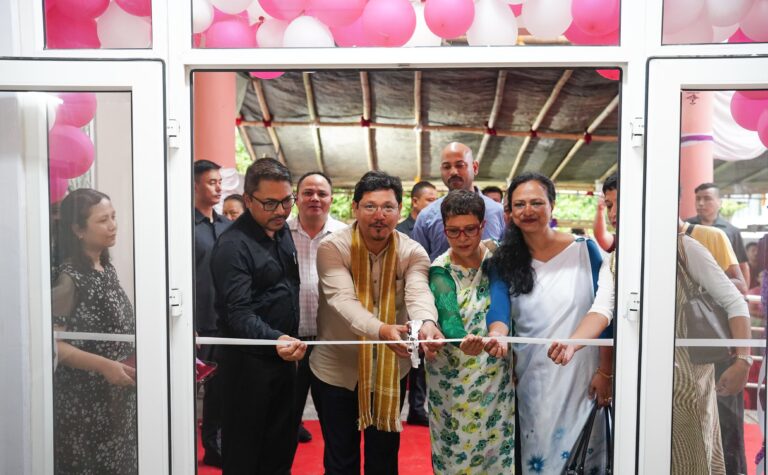
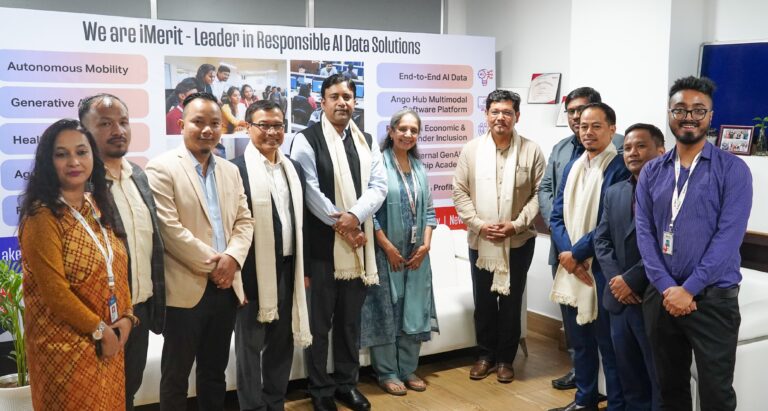
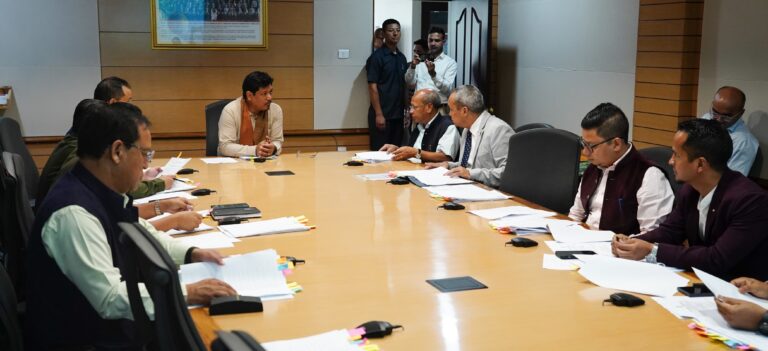

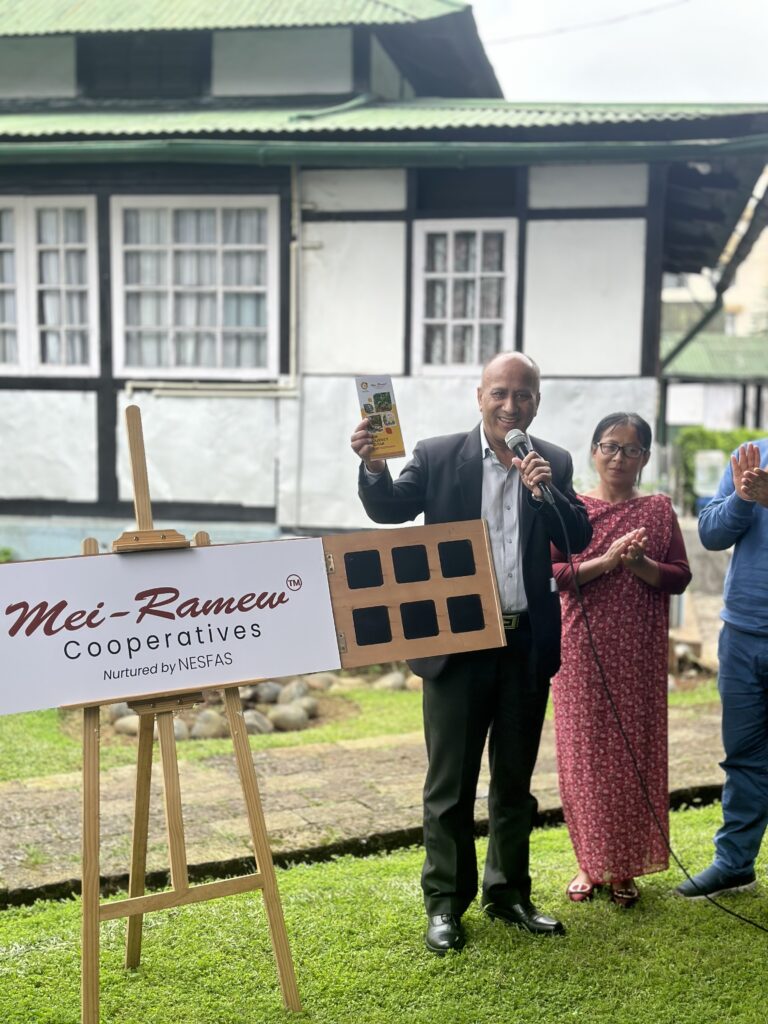

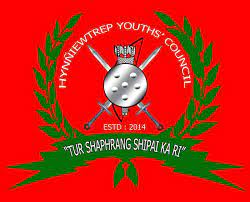


+ There are no comments
Add yours